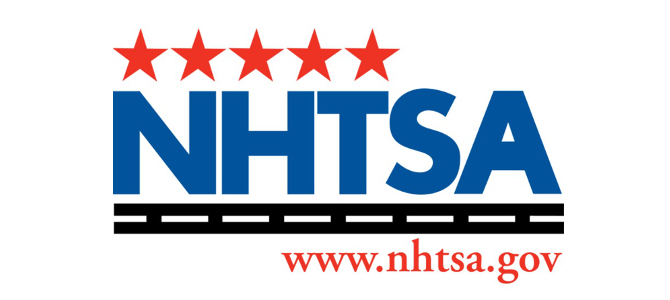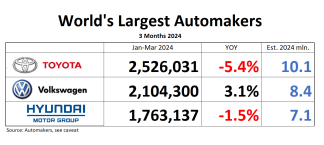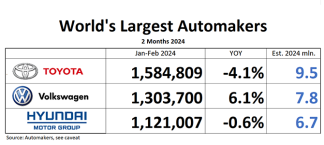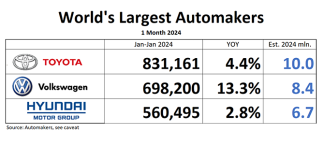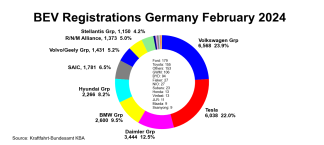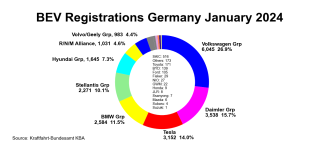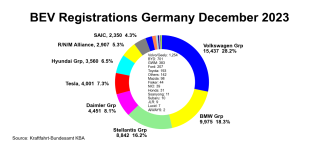In my last Bloomberg View column, I asked the question on everyones’ lips: how do you solve a problem like General Motors? I gloomily concluded that only creative destruction at the hands of consumers would truly “fix” a culture as broken as GM’s, in light of the firm’s nearly half-century of arrogance and failure. But with congressional hearings about to begin, Road & Track asked me to explore the regulatory side of the problem in a little more depth. Perhaps, one editor suggested, NHTSA’s ineptitude, underfunding or industry capture adds to the government’s responsibility for this mess.
Clearly this is the case. The shameful situation with David Strickland and Chrysler/Venable proves that Americans can’t trust NHTSA to serve their interests. But is there really evidence that NHTSA could have forced a GM recall any earlier than it did? Given that GM execs appear to have hid the problem from themselves, NHTSA would have to embed deep within every automaker to catch this type of problem. Instead of throwing more money and mandates at NHTSA, which clearly has its own culture issues, it’s time to take a different approach. Rather than trying to hold an entire corporation accountable, lawmakers should create criminal penalties and whistleblower protections that force every executive and engineer to personally weigh the consequences of cutting corners in vehicle safety. As my R&T piece concludes:
The first line of responsibility for the public’s safety lies with the engineers and executives who design and build the cars … just as individual motorists are the first line in terms of their personal safety. Only when they individually face penalties that are nearly as harsh as those consumers face at the hands of their defects will they truly take safety as seriously as we do.
